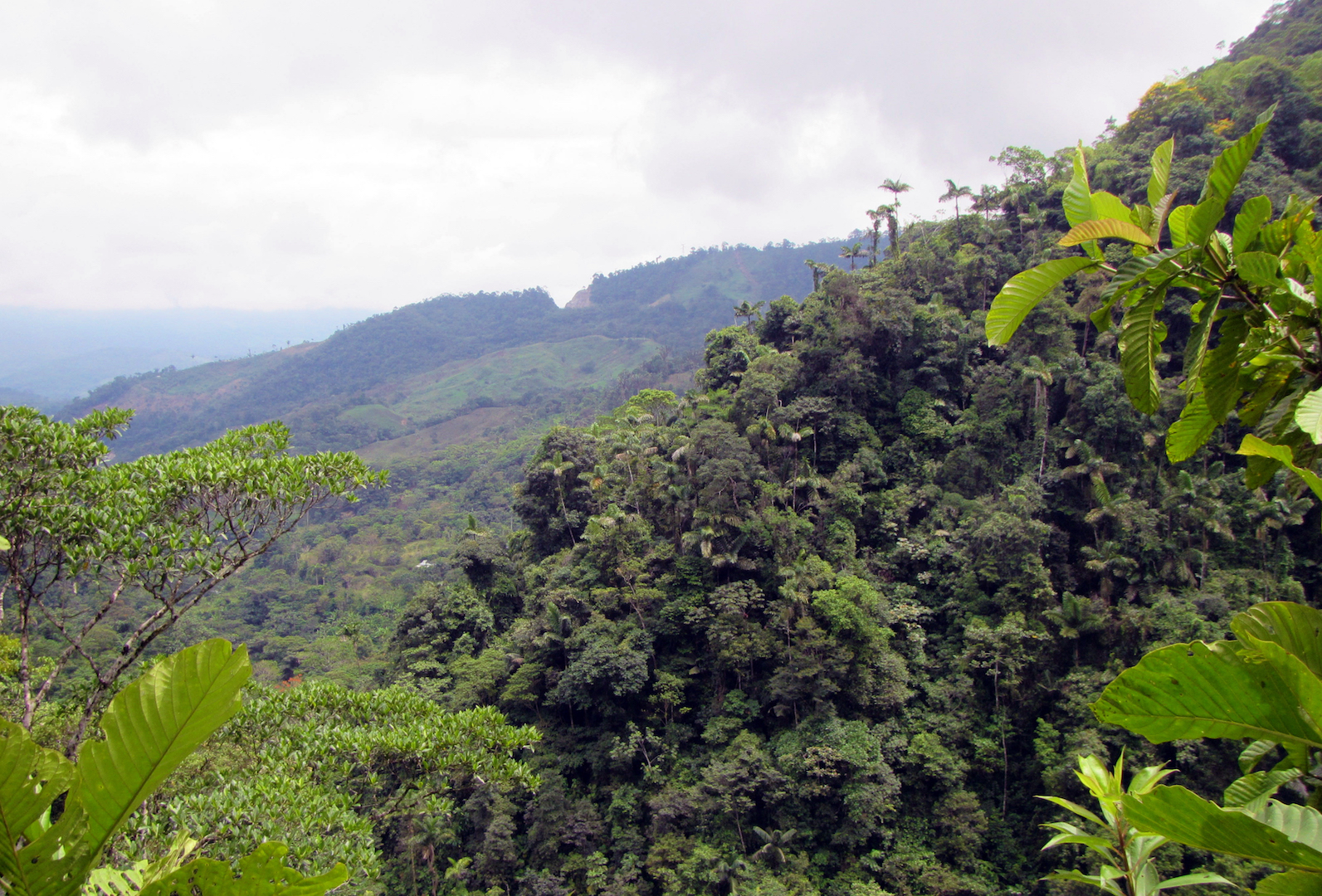
Colombian peace treaty ends violence but prompts deforestation
A peace treaty in Colombia may have ended decades of violence, but scientists are warning that the pact has also led to mass deforestation across some of the most biodiverse regions in the world.
For 52 years, civil war in Colombia displaced more than seven million people and claimed at least 220, 000 lives. This war ended with a peace deal in 2016, which was a formal agreement between the Colombian government and guerrilla groups including the Revolutionary Armed Forces of Colombia (FARC).
While the war was ongoing, a region of Colombia known as the Andes-Amazon “biodiversity bridge” was controlled by FARC soldiers and was essentially too dangerous to enter.
The region is referred to as a “bridge” because it links the Amazon rainforest to the Andes and contains hugely significant ecosystems. The area, which spans three national parks, is home to thousands of exotic species. Some of these rare animals have existed here for as long as 22 million years.
After the FARC soldiers were disarmed, large landowners began clearing the forest at an alarming rate to make way for farms and for the illegal growth of coca crops. In 2017 alone, 219,973 hectares of forest were lost from the region, according to official Colombian sources.
Experts and conservationists from Colombia and the UK are urging the new government in Colombia to formally protect the area and to take immediate action to stop the deforestation and development.
Study co-author Chris Jiggins is a professor of Evolutionary Biology at St John’s College,
“This is a critical moment for Colombia – there are new threats to these areas but there’s still some forest left,” said Professor Jiggins.
“The systematic clearance of trees breaks an important link between the Andes and the Amazon that has played a vital role in the evolution of animals and plants. But if action is taken sooner rather than later we could preserve the area and maintain links between these irreplaceable ecosystems.”
Study first author Dr. Nicola Clerici is an associate professor at the Universidad del Rosario in Colombia.
“We are appealing for the attention of international conservation organizations and Governments to funnel both research and development funds and resources to promote and nourish projects focused on the preservation and sustainable management of this strategic Andes-Amazon bridge,” said Dr. Clerici.
The study is published in the journal Conservation Letters.
—
By Chrissy Sexton, Earth.com Staff Writer
Image Credit: Chris Jiggins
Paid for by Earth.com













